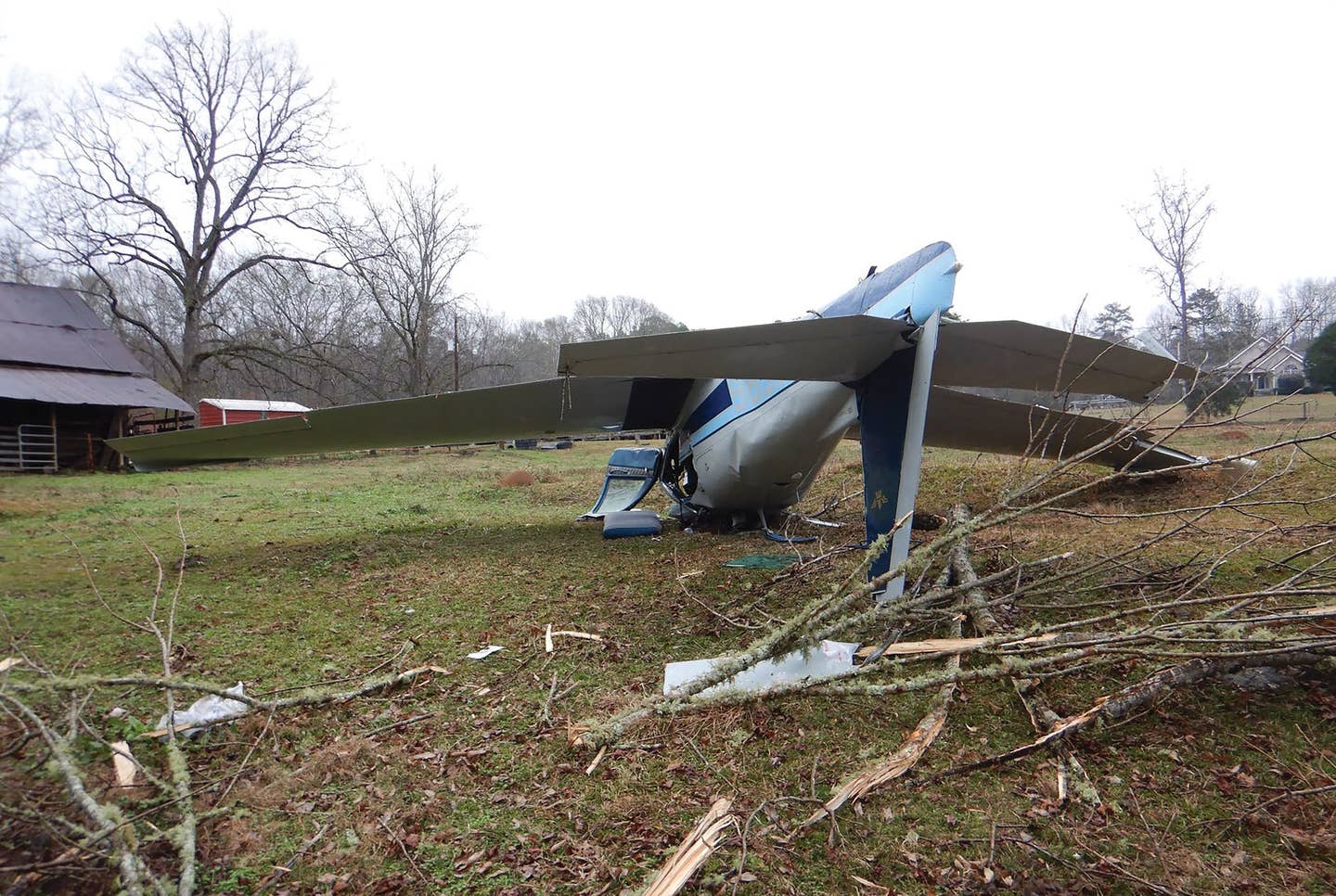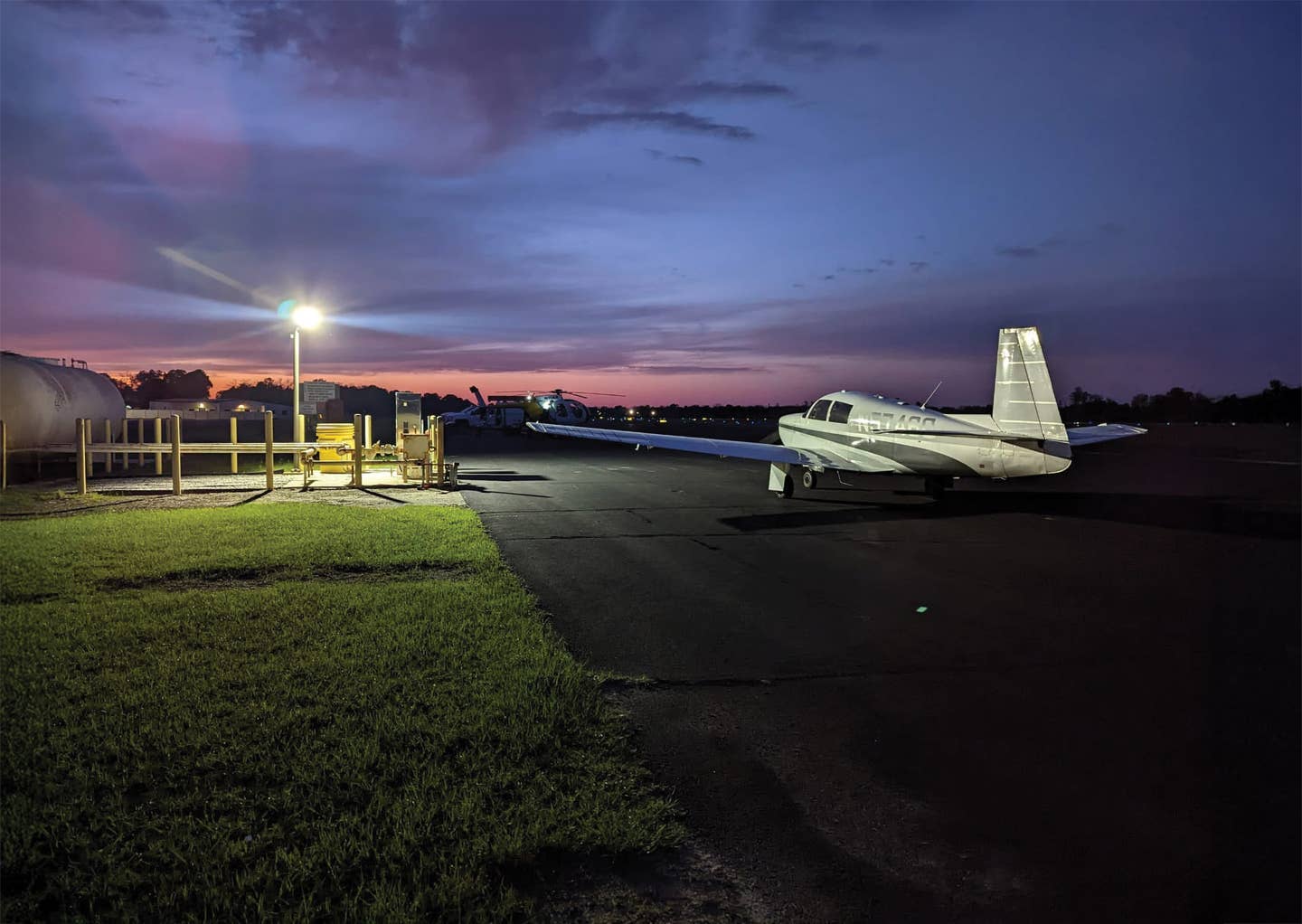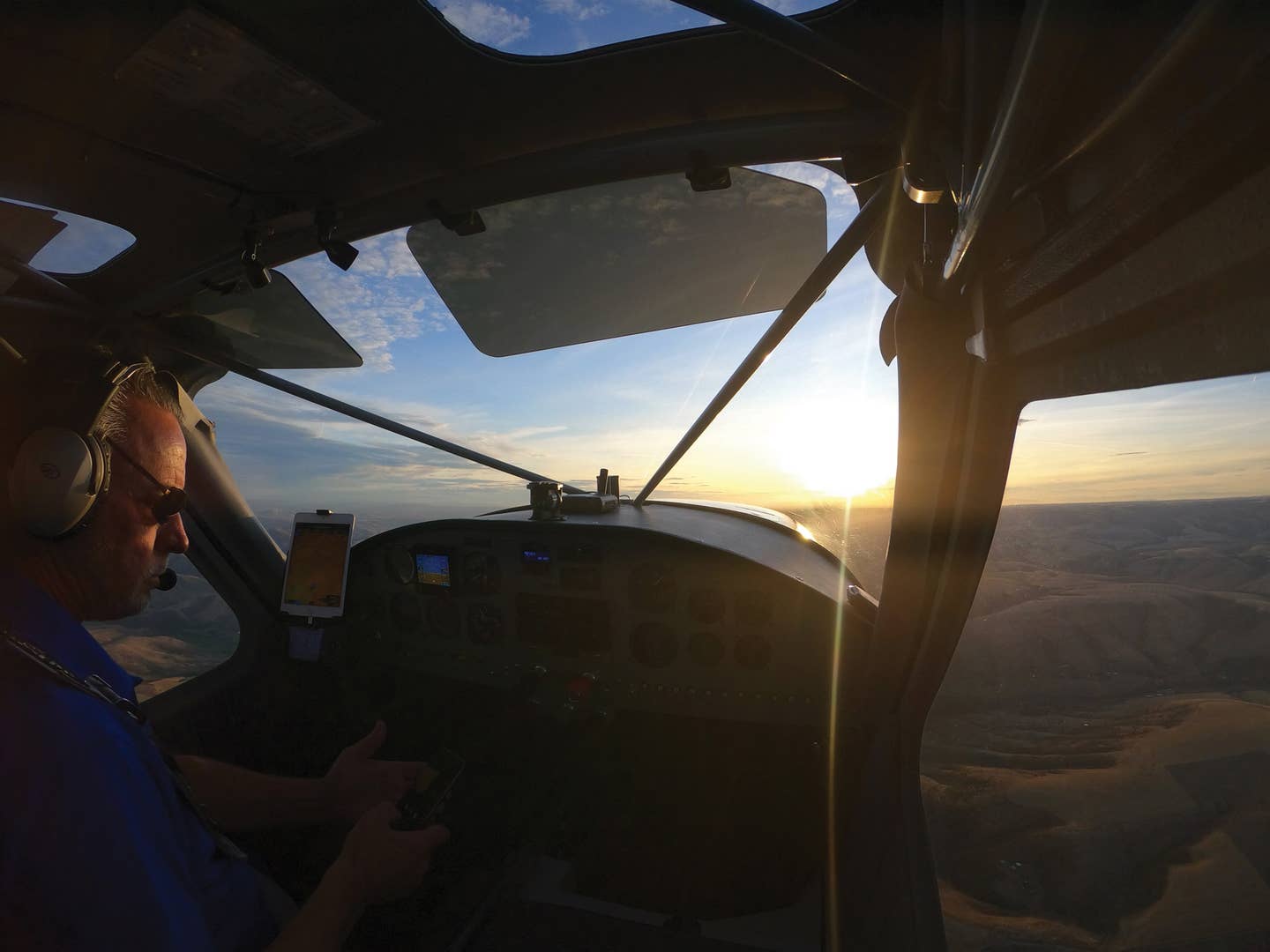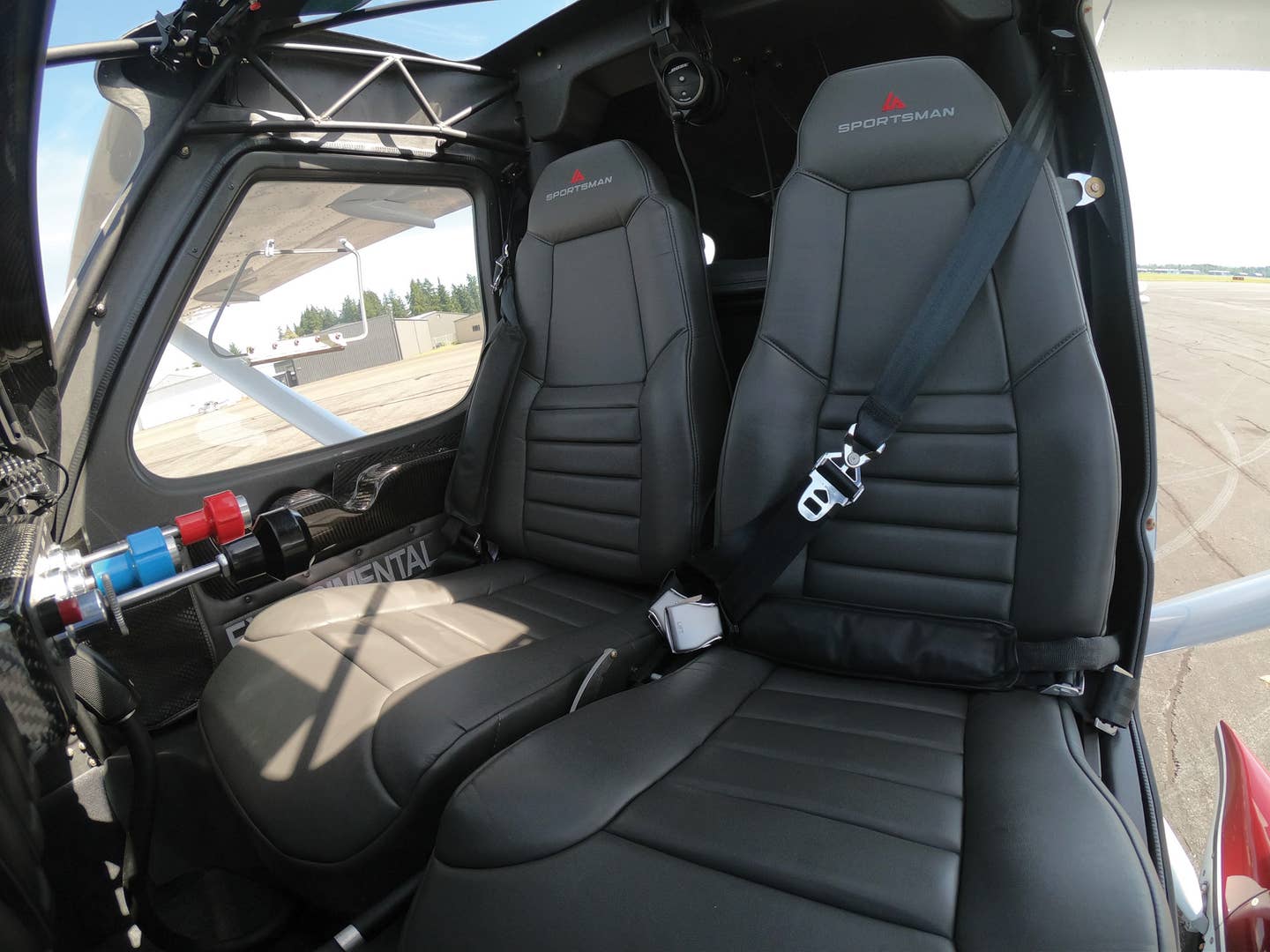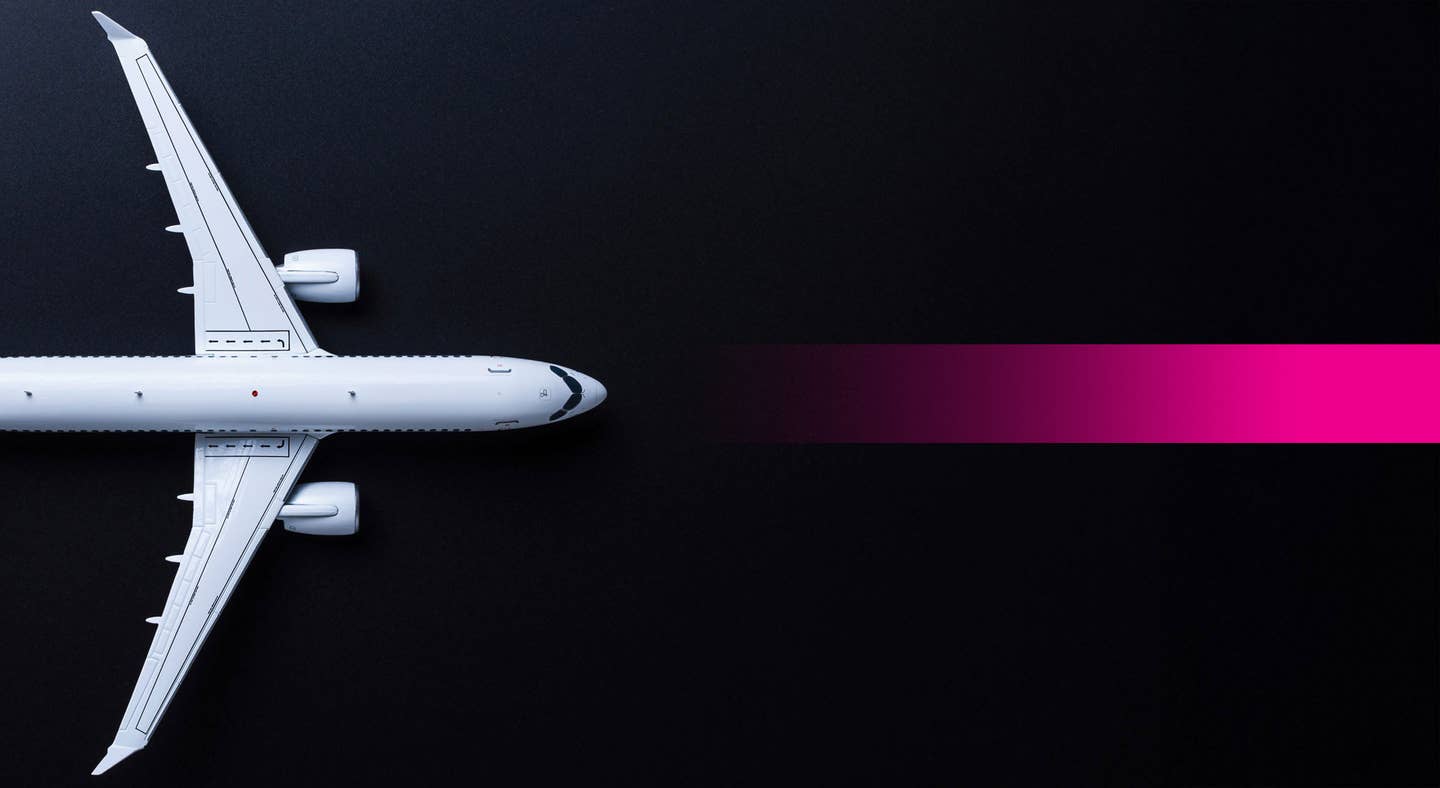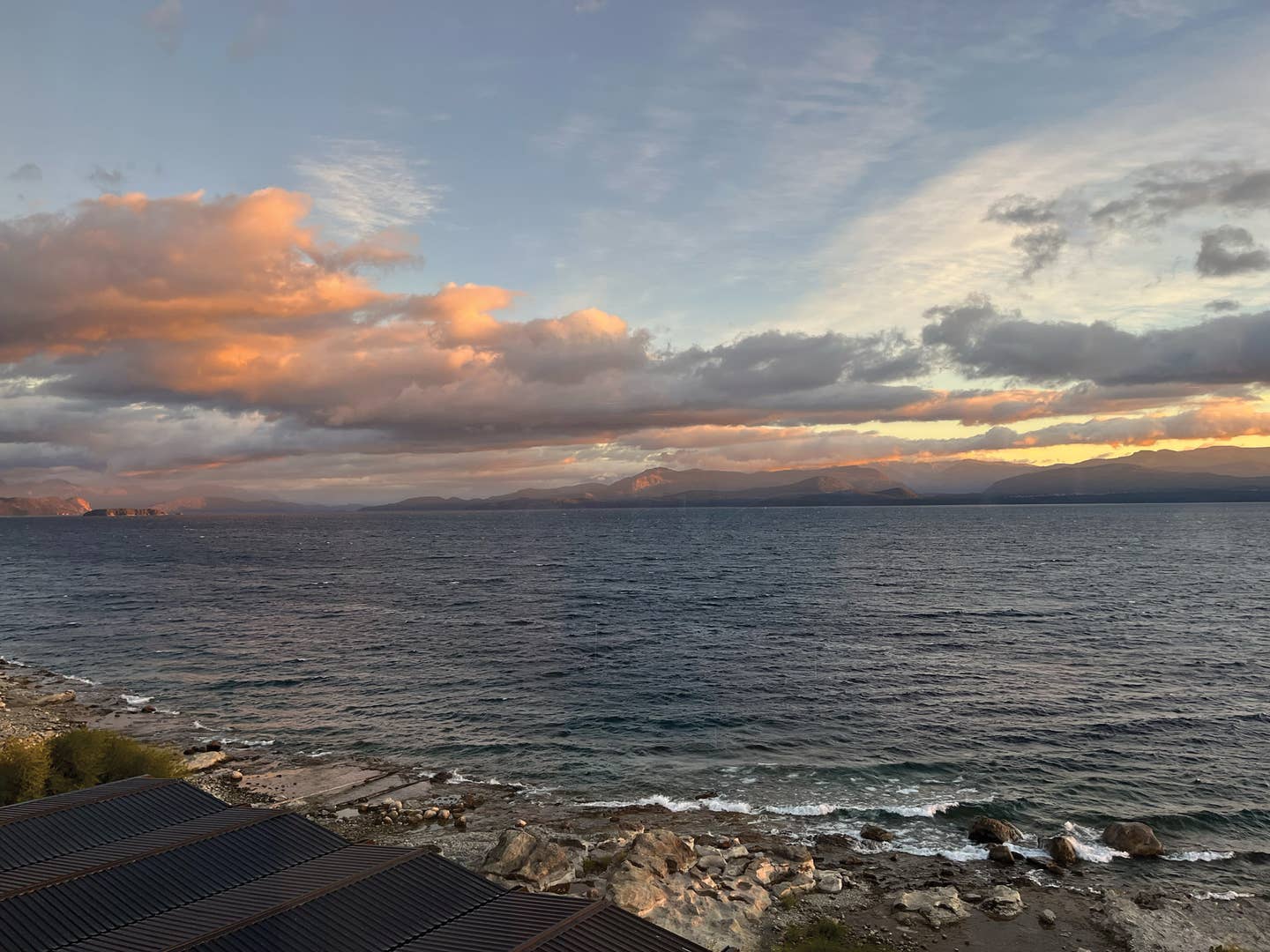Plane Facts: The World of Pilot Training
Flight training has come a long way over the years and accomplished some remarkable feats in training the millions of pilots who’ve strapped in and taken to the air over the past 115 years.
The world of aviation training is huge, and when you include training for flight crews, cabin crews, technicians, dispatchers, weather analysts, engineers and more, the universe of aviation training is vast. When it comes to flight training itself, well, that's a big world too, and its history goes all the way back to the Wright Brothers themselves, who invented the airplane and who established one of the first flight schools in the world, which makes sense. While flight training has experienced its ups and downs over the past 110-plus years, mostly because of ups and downs in pilot hiring needs, its growth over time has been steady, with new technologies, teaching methodologies and requirements constantly changing the game over time. Today's flight schools are well-oiled machines, and pilots who go through them get the benefits of more than a century of development and fine-tuning.
Subscribe todayto Plane & Pilot magazine for industry news, reviews and much more delivered straight to you!
First military flight training: 1908, Fort Myer, Maryland
First students: Lieutenants Frank Lahm and Frederic Humphreys
First trainer aircraft: Signal Corps #1
Reported dual time before solo: 3 hours each
First Civilian Flying School: Wright Brothers Flying School, Montgomery, Alabama
Started business in Montgomery: March, 1910
Moved out of Alabama: May 1910
Current site of the School: Maxwell Air Force Base
New school location: Huffman Prairie, Ohio
Number of aviators trained there: About 100
Noteworthy alumni: Hap Arnold, Commander of U.S. Army Air Forces
Other noteworthy alum: Thomas DeWitt Milling, first rated pilot in the Air Forces
Milling's second instructor: Orville Wright
End of Operations: 1916, with the onset of World War I
Current status: Open to the Public as Dayton Aviation Heritage National Historic Park
Number of trained U.S. pilots entering World War I: Approximately 100
Number of flight schools: 3
Number of pilots needed for the war effort: At least 5,000
Model for U.S. training: England's Central Flying School, established 1912
Current status of the school: Still operational, longest active flight school in the world
Pledge U.S. cadets had to make for flight training: They wouldn't marry
Congressionally mandated pilot training program: Civilian Pilot Training Program, 1939
Goal of CPTP: Train 20,000 civilian pilots
Largest single school's actual numbers: 60,000 students trained
Number of CPTP flight schools at its zenith: more than 1,400
Year aeronautics study at the Massachusetts Institute of Technology began: 1896
Notable accomplishment that year: MIT mechanical engineering student Albert J. Wells built a 30-square-inch wind tunnel
First aeronautical engineering degree program established: 1909, Paris, France
Currently: Still in existence as ISAE-SUPAERO (Higher Institute of Aeronautics and Space)
Year first American aeronautical engineering program was established: 1914
Offered at: University of Michigan
Average cost of getting a Private Pilot Certificate, 1990: $4,270
Average cost of getting a Private Pilot Certificate, 2017: $9,900
Student pilot certificates issued, 1977: 203,510
Student pilot certificates issued, 2016: 36,712
Estimated active flight instructor certificates held, 1977: 44,777
Estimated active flight instructor certificates held, 2016: 104,382
Average age of student pilots, 1986: 32.2 years
Average age of student pilots, 2016: 31.7 years
Estimated active student pilots under the age of 16, 2016: 259
Estimated active student pilots over the age of 80, 2016: 152
Number of colleges (2- and 4-year) in the U.S. with aviation programs, 2017: 300+
Largest collegiate training fleet: University of North Dakota
Number of aircraft: 120+, including airplanes, helicopters, and UAS
Oldest aviation college with flight training: Embry-Riddle Aeronautical University
Established (as Embry-Riddle School of Aviation): 1926, then reestablished in 1939 in partnership with the University of Miami

Subscribe to Our Newsletter
Get the latest Plane & Pilot Magazine stories delivered directly to your inbox

